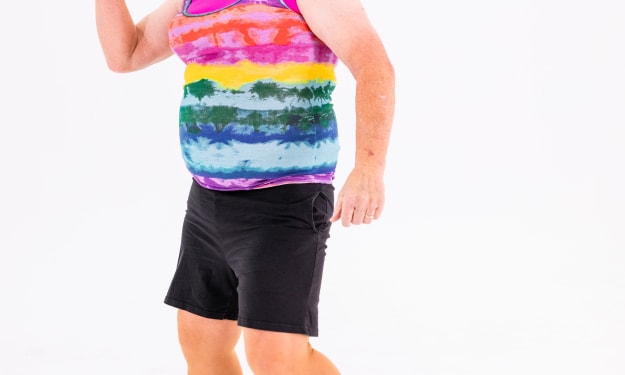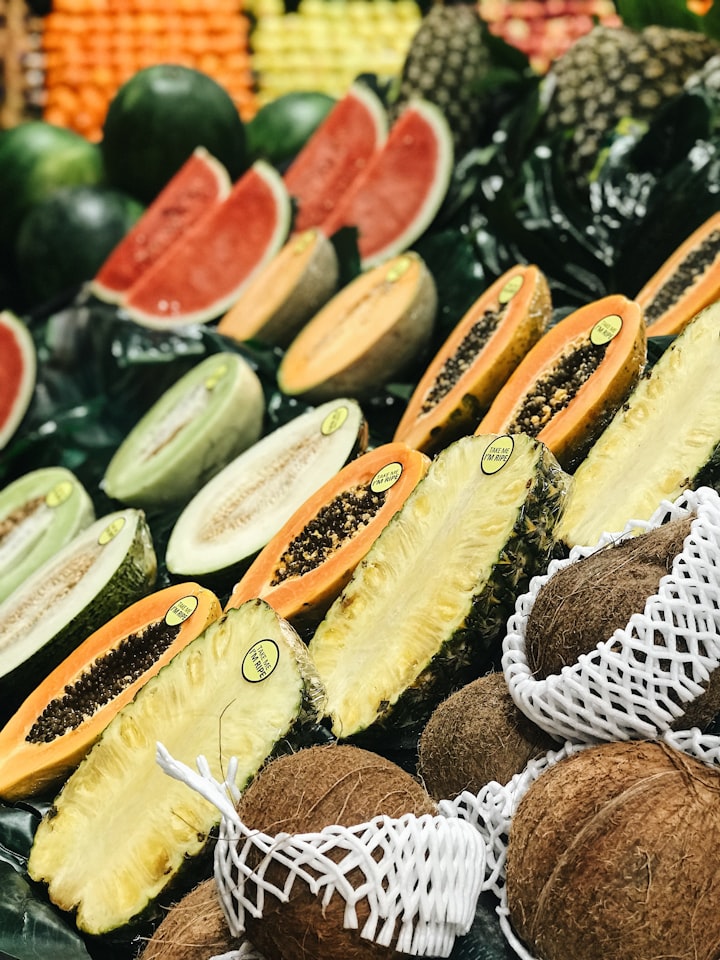Blue Zones: The Secrets of Longevity
What Makes Some People Live So Long?

Extended longevity is something that many people dream of. It’s not just about living a long life; it’s about living in a way that maximizes life. Longevity is a difficult thing to achieve, but people who live in the Blue Zones of the world have found a way to stay young and healthy well into their later years. We all want to live a long life, but what can we do to increase our chances? One way to do this is by living in a way that has been proven to have health benefits, as well as longevity benefits.
The term "Blue Zone" refers to geographical areas, the home to some of the world's oldest people. It is not a scientific term or mysterious place where life length is longer than in other parts.
It was coined by author Dan Buettner while researching areas of the world where people live exceptionally long lives.
Blue Zones are so named because when Buettner and his colleagues looked at these areas, they drew blue circles around them on a map.
Many countries have blue zones within their borders, but five places worldwide stand out more than others.
These five places are:
Okinawa (Japan)
Sardinien (Italien)
Nicoya (Costa Rica)
Ikaria (Grekland)
The Seventh-day Adventists in Loma Linda, Kalifornien
People who live in those areas have almost the same lifestyle. How they live their life in the same way is more evident in nine points. Author Dan Buettner and a team at National Geographic researched statistical facts that are known. They searched for evidence-based common denominators among all places with the help of a group of medical researchers, anthropologists, demographers, and epidemiologists.
Those nine points are (copied from the site bluezones.com) :
Move Naturally
The world’s longest-lived people don’t pump iron, run marathons, or join gyms. Instead, they live in environments that constantly nudge them into moving without thinking about it. They grow gardens and don’t have mechanical conveniences for house and yard work.
Purpose
The Okinawans call it “Ikigai,” and the Nicoyans call it “plan de vida;” for both, it translates to “why I wake up in the morning.” Knowing your sense of purpose is worth up to seven years of extra life expectancy
Down Shift
Even people in the Blue Zones experience stress. Stress leads to chronic inflammation, associated with every significant age-related disease. What the world’s longest-lived people have that we don’t are routines to shed that stress. Okinawans take a few moments each day to remember their ancestors, Adventists pray, Ikarians take a nap, and Sardinians do happy hour.
80% Rule
“Hara hachi bu” – the Okinawan, 2500-year old Confucian mantra before meals reminds them to stop eating when their stomachs are 80 percent full. The 20% gap between not being hungry and feeling full could differ between losing weight or gaining it. People in the blue zones eat their smallest meal in the late afternoon or early evening, and then they don’t eat anymore for the rest of the day.
Plant Slant
Beans, including fava, black, soy, and lentils, are the cornerstone of most centenarian diets. Meat—mostly pork—is eaten only five times per month. Serving sizes are 3-4 oz., about the size of a deck of cards.
Wine
People in all blue zones (except Adventists) drink alcohol moderately and regularly. Moderate drinkers outlive non-drinkers. The trick is to drink 1-2 glasses per day (preferably Sardinian Cannonau wine), with friends or food. And no, you can’t save up all week and have 14 drinks on Saturday.
Belong
All but five of the 263 centenarians we interviewed belonged to some faith-based community. Denomination doesn’t seem to matter. Research shows that attending faith-based services four times per month will add 4-14 years of life expectancy.
Loved Ones First
Successful centenarians in the blue zones put their families first. This means keeping aging parents and grandparents nearby or in the home (It lowers disease and mortality rates of children in the house, too.). They commit to a life partner (which can add up to 3 years of life expectancy) and invest in their children with time and love (They’ll be more likely to care for you when the time comes).
Right Tribe
The world’s longest-lived people chose–or were born into–social circles that supported healthy behaviors, Okinawans created ”moais”–groups of five friends committed to each other for life. Research from Framingham Studies shows that smoking, obesity, happiness, and even loneliness are contagious. So the social networks of long-lived people have favorably shaped their health behaviors.
Our lifestyle is, for most of the people in big cities, unhealthy. We live in a very sick and stressful way. We are running from one "important" issue to another, and between those, we do our training and "relaxing."Relaxing often with the help of alcohol in a large amount. We are frequently searching for a quick fix in our way to be able to live our lives.
People in the Blue zones seem to connect to themselves and the environment they live in. They also have control of their lives, nothing we can say about most of us.
Our jobs often have someone or something controlling the job situation. It could be a deadline, a boss, a market, something outside ourselves maintaining somehow.
And money is a highly stressful factor in our life. We have to pay our bills and depths. So we work harder to make more money to pay those bills and have some money left over to afford those things we need for "relaxing."
To achieve a better life, we have to rethink how we live. Is it worth it? The life we live is also a matter of the Earth's future. We have to change the use of ourselves and the Earth.
We have to think long-term instead of a quick fix way. We have to think about our children and their future rather than ourselves, and we have to slow down a lot.
We live in a way that is not so good for us. We have to rethink how we live and think if it is worth it or not. The life we live is not only a matter of the material things we have but also of the inner peace and quality time spent with our family and friends.
About the Creator
Lassepetter
https://printonprintusa.com/






Comments
There are no comments for this story
Be the first to respond and start the conversation.